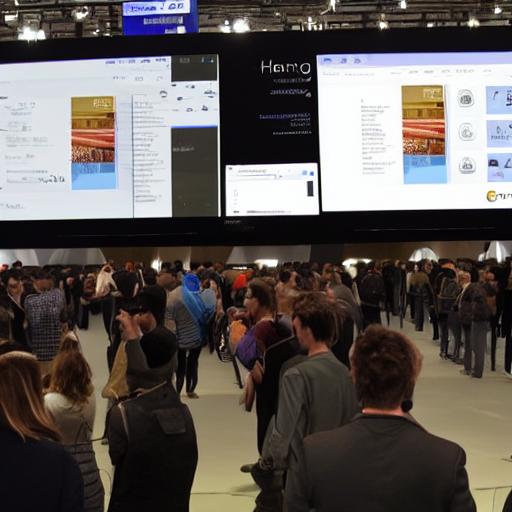Dmitri Brereton, an AI researcher located in the US, asserts that Microsoft’s new AI-powered Bing search engine made a number of mistakes and produced false data during its demonstration last week.
The new Bing, which was unveiled on February 7 by CEO Satya Nadella, employs the Generative Pre-trained Transformer 3 (GPT-3) and promises users ChatGPT-like search experiences.
Yusuf Mehdi, consumer’s chief marketing officer, demonstrated how the new Bing will conduct searches and respond to user inquiries during the launching event.
Brereton wrote on Twitter that the demo’s faults were considerably worse than Google’s Bard error. Additionally, he stated that Bing AI miscalculated most of the statistics while summarising a financial document.
It’s vital to remember that we announced a sneak peek of this new experience last week. During this preview period, we anticipate that the system may make mistakes. User feedback is essential to identifying these errors so that we can learn from them and improve the models. A Microsoft spokeswoman stated, “We are dedicated to enhancing the calibre of this experience over time and to make it a beneficial and inclusive tool for everyone.”
Additionally, Brereton wrote a blog post outlining all the mistakes the new Bing made throughout the demo.
Although Bing AI performed an excellent job of building up media buzz, their product is on par with Google’s Bard. Brereton wrote in the blog post, “At least as far as we can tell from the scant information we know about both.
AI-powered Not only Bing but other transformer-based search and chat platforms have flaws in their demos. The Language Model for Dialogue Applications (LaMDA)-based AI chatbot Bard, which Google announced last week, made a mistake in the demo. Space scientists instantly called out Bard’s claim in the demo that the James Webb Space Telescope was the first to capture images of a planet outside of our solar system as false.








